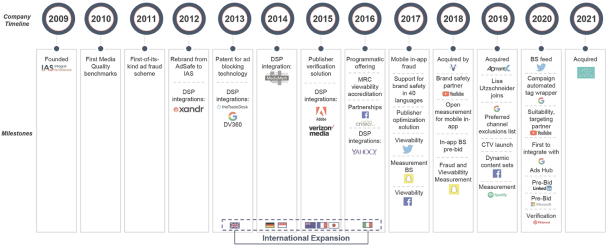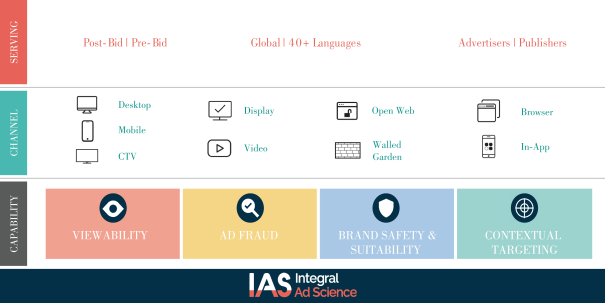Our corporate culture has contributed to our success and, if we are unable to maintain it as we grow, our business, financial condition and results of operations could be harmed.
We are undergoing rapid growth and have experienced and may continue to experience rapid expansion of our employee ranks. As of December 31, 2020, we had 632 employees. We believe our corporate culture has been a key element of our success. However, as our organization grows, it may be difficult to maintain our culture, which could reduce our ability to innovate and operate effectively. The failure to maintain the key aspects of our culture as our organization grows could result in decreased employee satisfaction, increased difficulty in attracting top talent, increased turnover and could compromise our ability to maintain our infrastructure and platform, the quality of our customer service, all of which are important to our success and to the effective execution of our business strategy. In the event we are unable to maintain our corporate culture as we grow to scale, our business, financial condition, and results of operations could be harmed.
Our business is subject to the risks of earthquakes, fires, floods and other natural catastrophic events and to interruption by man-made problems such as terrorism, computer viruses or social disruption impacting advertising spending.
Our systems and operations are vulnerable to damage or interruption from earthquakes, fires, floods, hurricanes, other acts of nature, power losses, telecommunications failures, terrorist or criminal acts or attacks, social issues, protests, discontent, and disruption that affect advertising spending or the ability for publishers to monetize inventory, vandalism, sabotage, acts of war, human errors, break-ins, cyber-attacks or failures, pandemics or other public health crises, or similar events. For example, a significant natural disaster, such as an earthquake, fire, or flood, could have a material adverse impact on our business, operating results and financial condition, and our insurance coverage may be insufficient to compensate us for losses that may occur. Additionally, our business and revenues could be affected by social issues, protests or disruptions. For example, if there is public disapproval or boycotting of a specific platform, such as Facebook or other proprietary platforms, our ability to measure and optimize ad placements or to forecast usage may be impacted based on unforeseen trends or events. In addition, acts of terrorism could cause disruptions in our business or the economy as a whole. Our principal executive offices, and largest office, is located in Manhattan, a city which has experienced acts of terrorism, protests, and natural disasters in the past. Our cloud partners, including AWS, may also be vulnerable to computer viruses, break-ins, cyber-attacks, such as coordinated denial-of-service attacks or ransomware, or other failures, and similar disruptions from unauthorized tampering with our computer systems, which could lead to interruptions, delays, loss of critical data or the unauthorized disclosure of confidential customer data. Although we have implemented security measures and disaster recovery capabilities, there can be no assurance that we will not suffer from business interruption, or unavailability or loss of data, as a result of any such events. As we rely heavily on our servers, computer, and communications systems and the internet to conduct our business and provide high quality service to our customers, such disruptions could negatively impact our ability to run our business, result in loss of existing or potential customers and increased expenses, and/or have an adverse effect on our reputation and the reputation of our products and services, any of which would adversely affect our operating results and financial condition.
Risks Related to Intellectual Property and Technology
Failures in the systems and infrastructure supporting our solutions and operations could significantly disrupt our operations and cause us to lose customers.
In addition to the optimal and efficient performance of our platform, our business relies on the continued and uninterrupted performance of our software, hardware, and cloud infrastructures, and our platform and its underlying infrastructure are inherently complex and may contain material defects or error. We currently process on average over 100 billion daily web transactions through our highly scalable, cloud-based technology platform.
Sustained or repeated system failures of our software or hardware infrastructures (such as massive and sustained data center outages) or of the software or hardware infrastructures of our third-party providers, which
33


